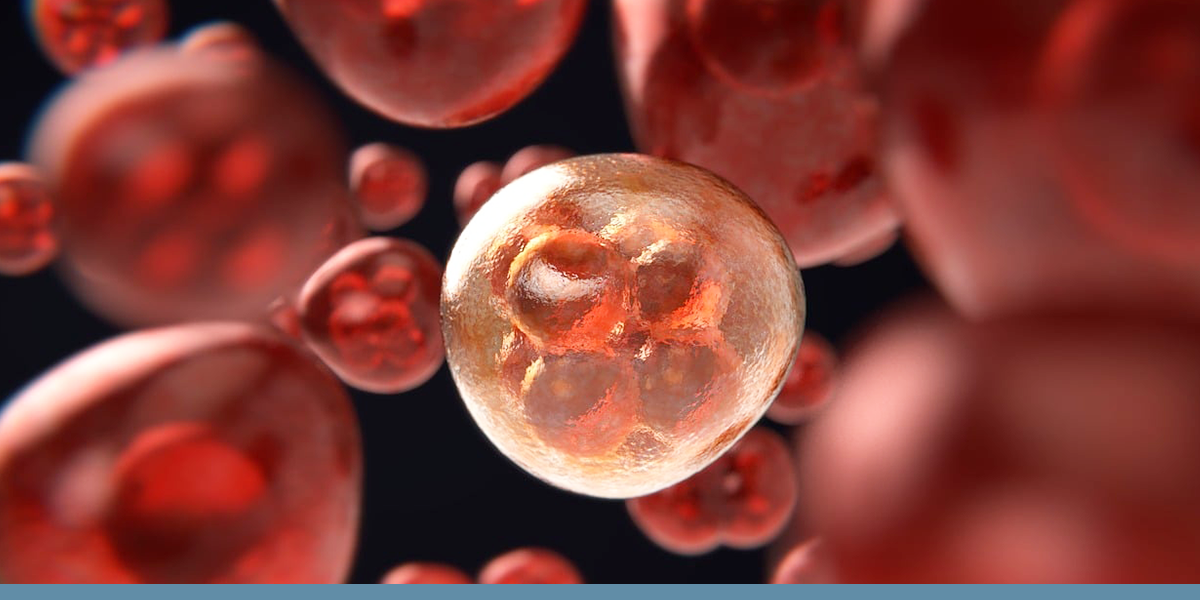Sharina Lab
About our lab
The goal of the Dr. Iraida G. Sharina Laboratory is to unravel the genetic basis of NO/cGMP signaling and elucidate the mechanisms underlying the regulation of human sGC gene expression, with a particular focus on the importance of sGC splicing in modulating NO/cGMP signaling and its impact on human vascular function. Through their research, they aim to provide valuable insights into the role of alternative splicing in regulating sGC expression, particularly in the context of atherosclerosis, contributing to our understanding of cardiovascular disease pathogenesis.
The lab is currently investigating the importance of sGC splicing for regulation of NO/cGMP signaling in human vascular function.
The present findings have demonstrated that the splicing of sGC subunits is modulated by increased H2O2 and NO levels. Alternative splicing is a potential new mechanism modulating sGC expression in diseased atherosclerosis.
About Iraida Sharina, PhD
 After obtaining her PhD in Molecular Biology from the Russian Academy of Science, Dr. Iraida G. Sharina pursued postdoctoral training at Albert Einstein College of Medicine in New York under the guidance of Dr. David I. Goldman, a prominent investigator in methotrexate (MTX) resistance in leukemia. Driven by her passion for Nitric Oxide (NO) biology, she joined the laboratory of Dr. Ferid Murad, a renowned pioneer in the field, at UTHealth Houston. Initially starting as a Research Scientist, Dr. Sharina steadily advanced to the position of Assistant Professor in the Department of Internal Medicine/Cardiology at UTHealth Houston.
After obtaining her PhD in Molecular Biology from the Russian Academy of Science, Dr. Iraida G. Sharina pursued postdoctoral training at Albert Einstein College of Medicine in New York under the guidance of Dr. David I. Goldman, a prominent investigator in methotrexate (MTX) resistance in leukemia. Driven by her passion for Nitric Oxide (NO) biology, she joined the laboratory of Dr. Ferid Murad, a renowned pioneer in the field, at UTHealth Houston. Initially starting as a Research Scientist, Dr. Sharina steadily advanced to the position of Assistant Professor in the Department of Internal Medicine/Cardiology at UTHealth Houston.
Since 1999, her research has been primarily focused on unraveling the mechanisms that regulate the activity and function of soluble Guanylyl Cyclase (sGC). She has extensively investigated transcriptional regulation of sGC, the structure-function relationship of the enzyme, and the pharmacological mechanisms governing its activity. Dr. Sharina has also made significant contributions by identifying new splice variants of sGC and elucidating their roles in oxidative stress and the development of sGC-related pathologies. Intrigued by the age-dependent expression of certain sGC splice variants, she has delved into the impact of aging on sGC function.
Recently, she has joined a multidisciplinary project exploring the role of the oral microbiome in regulating the NO/cGMP signaling pathway in the human host. This endeavor has revealed fascinating and unexpected findings on the interdependence between the composition of the tongue microbiome and resting systolic blood pressure in humans.
Publications
Discover a comprehensive library of research publications by visiting our PubMed link, showcasing the extensive contributions and expertise of Iraida G. Sharina and her team members.
View our Publications
Contact Us
Learn more about the Martin Lab today. Contact us for partnership and collaboration opportunities.
Contact: Iraida G. Sharina, PhD
E-mail: [email protected]
Phone: (713) 486-2480
Address: UTHealth Houston Behavioral and Biomedical Sciences Building
Sharina Laboratory – Room 5302
1941 East Road
Houston, TX 77054
Google Maps
